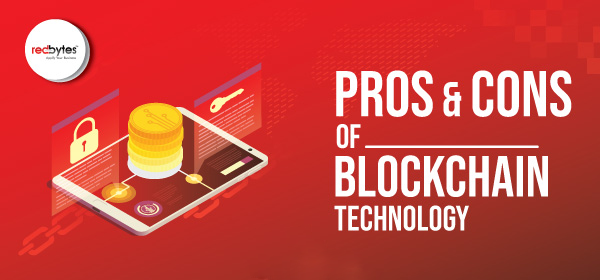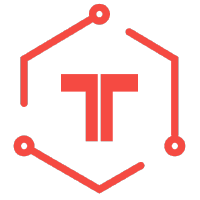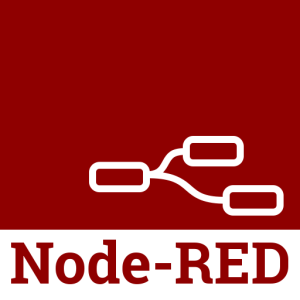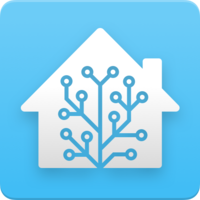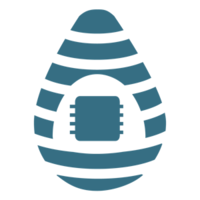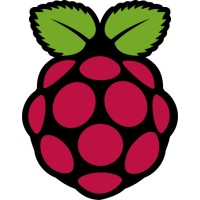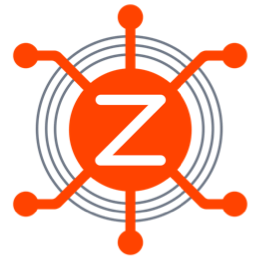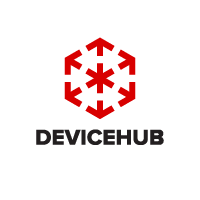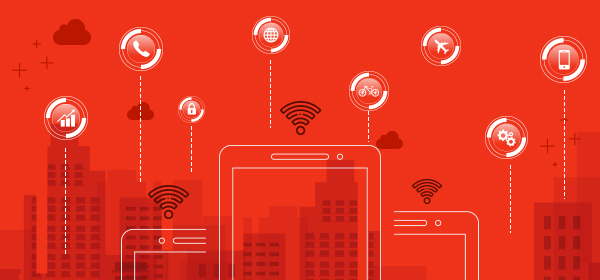The advent of Blockchain technology has brought advantages to many industries and at the same time some disadvantages too. Being a decentralized digital ledger system, it has a considerable difference between traditional centralized databases. This difference is visible in their operations too.
The blog tries to explore blockchain technology and its key advantages and disadvantages.
What is Blockchain Technology?
“The blockchain is an indestructible digital ledger for keeping track of economic transactions which can be programmed to maintain not only financial transactions but virtually everything that has value.” Don & Alex Tapscott, authors Blockchain Revolution 2016.
Now this means that this decentralized ledger is not controlled by any financial institution or government for that matter. It can be accessed by everyone who has a good internet connection.
Other than virtual currencies, there are many companies such as messaging apps, critical infrastructure security, ride-sharing, cloud storage, etc. are harnessing the power of blockchain technology.
Advantages of Blockchain Technology
Blockchain technology came into markets in recent times, but it has witnessed many industries gaining great advantages with it. Below are the advantages of blockchain technology that proved its significance and growth.
#1. Trustworthy Distributed Systems
The traditional transaction process has an intermediary party like a bank, credit card, or other services. It comprises an extra charge in the form of a transaction fee. The major advantage of Blockchain technology here is every transaction made is public. The overall cost is also reduced to a great extent.
The distributed network nodes of the blockchain technology verify every transaction stage and replace the need for intermediaries. The process where miners constantly verify all kinds of transactions round the clock is called mining.
Thus, blockchain technology never fails to monitor transaction aspects and almost impenetrable to fraud. Eliminating intermediaries will reduce the risks of relying on a single organization and cut down costs too.
#2. No Government Interference
Blockchain technology can manage the major systems controlled by existing governments more efficiently. It can create, store, and proceed with information on every single transaction at all times.
The government or any financial institution has zero control over virtual currencies that are based on blockchain technology. Government interference has often led to the devaluation of various currencies and a good example of that is the latest Zimbabwean Dollar.
Regardless of the nation and currency, one of the top problems, when governments interfere much with the currencies, they end up either with inflation or hyperinflation by printing too much currency in a short time. As the blockchain is a decentralized online ledger, it’s next to impossible for governments to interfere and take any action on cryptocurrencies.
#3. Increased Stability
One of the major advantages of Blockchain technology is its stability. Companies now rely on these systems that have higher retention in their services. Once data is saved in the digital ledger, it is hard to remove or change it. Such a stable system can make processes easier than before.
The data saved on Blockchain is visible and accessible by the people who have permissioned access. The accuracy and paperless system enable more transparency throughout the transaction process. Tracing back previous records is also easy as you can conduct audit rials in Bitcoin transactions.
There is no need of creating multiple ledgers for different members, a single stable ledger is distributed among the members with the least fraudulent activities.
Read Also : 10 Best IoT App Development Tools 2023
#4. Instant Payments at Reduced Costs
The transactions done via Blockchain is rapid but at a reduced overall cost. The traditional paper-heavy processes of transaction stages are effortlessly replaced by single record-keeping of Blockchain. Without any third-party interventions, the process is completed well with trustworthy dealings.
There is no elaborate documentation process and transactions are done with the least number of errors. Cryptocurrencies help in streamlining processes quicker and at reduced costs.
#5. Improved Security & Financial Efficiency
As mentioned above, the blockchain process is quicker and reliable compared to that of traditional procedures. The main advantage of blockchain is that there is no third-party intervention which leads to greater financial efficiency. Such a system will let users enjoy money and time-saving transaction process.
People will be dependent on blockchains for not relying on a single organization for their entire transaction process. Once a transaction is agreed upon, the system offers the information to multiple open networks instead of a single server like in traditional transaction systems. This will prevent hackers from fraudulent cyber crimes as the transaction is openly distributed.
Disadvantages of Blockchain Technology
Blockchain technology is indeed a godsend for the now world. Studies suggest that there is some kind of attacks happening against block technology today. Let’s look at the disadvantages of Block technology.
#1. Private Key Issues
Blockchain addresses are made up of individual private keys. That is, each person with permitted access has his/her private key to make their operations. Cryptography deals with public-key blockchain processes. This public key address is shared with individuals where they access via their private keys as said above.
If the person loses their private key, the process turns into a failure. They can do nothing to save their money or further transaction procedures. This private key is something like managing our bank. So, issues related to the private key makes blockchain technology a big failure.
#2. Extremely Volatile
The cryptocurrencies that are based on blockchain technology are highly volatile. Of course, one good example of that is the fluctuating prices of Bitcoin that vary each day.
One of the reasons behind that this volatility is that the decentralized blockchain technology and the virtual currencies are new characters to the market.
This means that the companies, governments, and other groups adopting or not adopting them will affect the volatility surely. This is a huge drop and this kind of volatility is bothering people who are thinking of investing in Bitcoin or any other cryptocurrency for that matter.
#3. Issues in Scalability
Many allege that Bitcoins are the best currency type and thus the Blockchain technology too. Still, it is said that only about seven transactions can happen per second over this network. As we discussed, the system is distributed, and verifying transactions under each of the nodes is essential.
When we consider the scalability issues, the number of transactions per node is limited. Sometimes users may have to consume several hours to complete their procedures.
It is said that increasing the number of active users according to blockchain’s transaction speed is not practical. Classic banking procedures are more rapid and scalable than that of blockchain.
#4. Security Issues
It is said that Blockchain technology offers maximum security compared to all other transaction methodologies. Still, it is not completely secure and research says about Blockchain technology faces a 51% attack.
51% attack is sometimes so critical that the intruders can gain control over the system for sure. Such a network will be affected by double-spending too.
The security threat is aggravated by the anonymous nature of this bitcoin system. Anonymity is appreciated, but identifying culprits attempting illicit transactions is difficult here. Less Transparency is a downside of blockchain technology so far.
#5. Data Modification is Difficult
In blockchain technology, it is hard to add or modify data once after it is recorded. It is considered as the major disadvantages and advantages of blockchain technology. Considering its downside, the process of data modification needs rewriting codes and indulges in an extensive process.
Too much stability can sometimes adversely affect systems. The major disadvantage of blockchain technology here is irreversible records and its demanding modification process.
Read Also : Top 10 IoT Trends to Expect in Future
Closing Thoughts
Some believe that it will help in creating cryptocurrencies which will become a potential rival to precious metals while others believe that it is soon going to burst like a bubble and nothing more.
Blockchain technology has both advantages and disadvantages like two sides of a coin. Many mainstream sectors are enjoying the perks of such a robust and reliable technology so far. But some consider the downsides of technology and are thinking about implementing the technology. In the end, It’s all up to you.
